Let’s learn a few lessons that the MBA candidates at Harvard and Penn business school don’t yet know, so I hope you’ll find the next few minutes of reading this article both eye-opening and enjoyable. When we live our lives the way Hashem wants us too, we’re not only successful, but we’re having a good time too, and it doesn’t matter whether there’s a recession going on or anything else. That’s all nature – when a person attaches himself to Hashem, he rises above all natural influences.
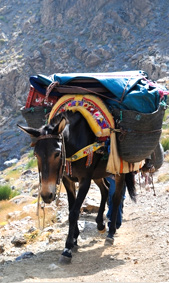 Parshat Bshalach in the Torah not only teaches about how Hashem split the Red Sea, but it also teaches us the secret of an easy income, or making a living effortlessly, with no headaches, without breaking our backs like a pack mule, and without working from sunup until sundown.
Parshat Bshalach in the Torah not only teaches about how Hashem split the Red Sea, but it also teaches us the secret of an easy income, or making a living effortlessly, with no headaches, without breaking our backs like a pack mule, and without working from sunup until sundown.
“Parshat HaMan“, which you’ll find in Exodus 16:4-36, is the account of the manna falling from heaven, the heavenly sustenance that Hashem fed the Children of Israel during the 40 years that they wandered in the desert. The special attribute of Parshat HaMan is that it unlocks the secret of an easy income. That’s why many people read Parshat HaMan every single day, for our sages teach us that the mere utterance of Parshat HaMan invokes blessings of abundance.
Hashem gives us a free choice as to how we’ll receive our income: If we choose to incorporate emuna – the pure and steadfast belief in Hashem – in our efforts to earn our daily bread, then we are assured an easy income. If we seek our income without emuna, and opt for a life of wage slavery, then Hashem allows us to seek our money in natural means. This way, especially with the economic situation what it is today puts a person in big trouble. Without Hashem, heaven forbid, a person is at the mercy of numerous cruel factors in a cold and cutthroat world, such as inflation, tight job market, competition, dishonest employers, clients that don’t pay their bills, breakdowns – you name it.
Parshat HaMan begins with Hashem telling Moses, “I shall rain upon you food from heaven; let the people go out and gather each day’s portion daily, so that I can test them whether they shall follow my Torah or not.”
Hashem gives the Children of Israel a lesson in emuna, a lesson in trust – bitachon. Rashi explains that if the people will trust Hashem, and live according to His commandments, then they’ll have their daily bread effortlessly, like princes in the royal palace.
Our sages in the Gemara say that the Torah was intended for the people who eat manna (see Midrash Tanchuma, Beshalach, 20 and Mechilta, Vayisa 2). This seems difficult to understand, for only the generation of the Exodus from Egypt received the manna. As soon as the Children of Israel entered Eretz Yisrael, the manna was discontinued. So what does it mean that the Torah was intended specifically for those who eat manna?
Our sages teach us that a person with emuna and bitachon, complete belief and trust in Hashem, who has so much faith in Hashem to the extent that he believes that his daily bread will be delivered to his doorstep just like food from heaven, will have such an easily effortless income that he’ll be able to channel almost all his energies into learning Torah rather than chasing after an elusive dollar.
The greatest tzaddikim such as the Baal Shem Tov and the Noam Elimelech couldn’t sleep at night if there was even a penny in their house. They’d give all their extra money to charity, because they believed – even better, they knew that Hashem would give them all their needs every day.
At this point, many raise an eyebrow – they can’t believe in anything other than the might of their hand or the sweat of their brow. Yet, when a human depends on himself, he has nothing other than a wobbly reed to lean on, because even the slightest one-celled bacteria or virus can totally incapacitate him. If we look at the world with even slightly spiritual eyes, rather than with the eyes of a pack mule, we’d see that we’re totally dependent on Hashem. If a person thinks that he or she is dependent on their own strengths and abilities, then spiritually, they’re on the level of a beast of burden, and their lives will become as hard as a pack mule’s.
The key to an easy and adequate income is to know what our job is – it’s Hashem’s job to provide a living, and it’s our job to do teshuva, for our transgressions inhibit our income. With teshuva, we open up the spiritual pipes of abundance. Our sages teach that Hashem provides an easy livelihood for those who trust in Him. Trusting in Hashem means that we also do what He wants us to do, such as observing the Sabbath and dealing fairly with others. Many people – the pack mules – think they can’t make a living without working on the Sabbath. But, even when they apparently generate income by going against Hashem’s will, they end up losing it and more – with breakdowns, sicknesses, and all sorts of mishaps.
Without trust in Hashem, a person works too hard and doesn’t succeed in learning Torah. To learn Torah, one needs to trust Hashem. Whenever I encourage people to learn more Torah, many ask, “What will be with work, with making a living?” I tell them that they could make a living with half their current effort if they had trust in Hashem, and could channel more hours a day into learning. It works! We should all be praying every day that Hashem should help us acquire the level of emuna and trust where we can learn Torah more and work less. Hashem doesn’t waste such an exquisite gem – a human soul – on a pack mule. We’re given the free choice to decide what we want to be – a prince or a pack mule.
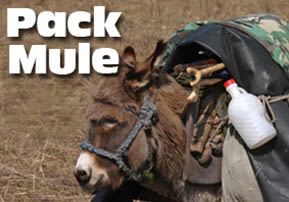

 Parshat Bshalach in the Torah not only teaches about how Hashem split the Red Sea, but it also teaches us the secret of an easy income, or making a living effortlessly, with no headaches, without breaking our backs like a pack mule, and without working from sunup until sundown.
Parshat Bshalach in the Torah not only teaches about how Hashem split the Red Sea, but it also teaches us the secret of an easy income, or making a living effortlessly, with no headaches, without breaking our backs like a pack mule, and without working from sunup until sundown.

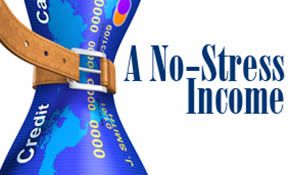


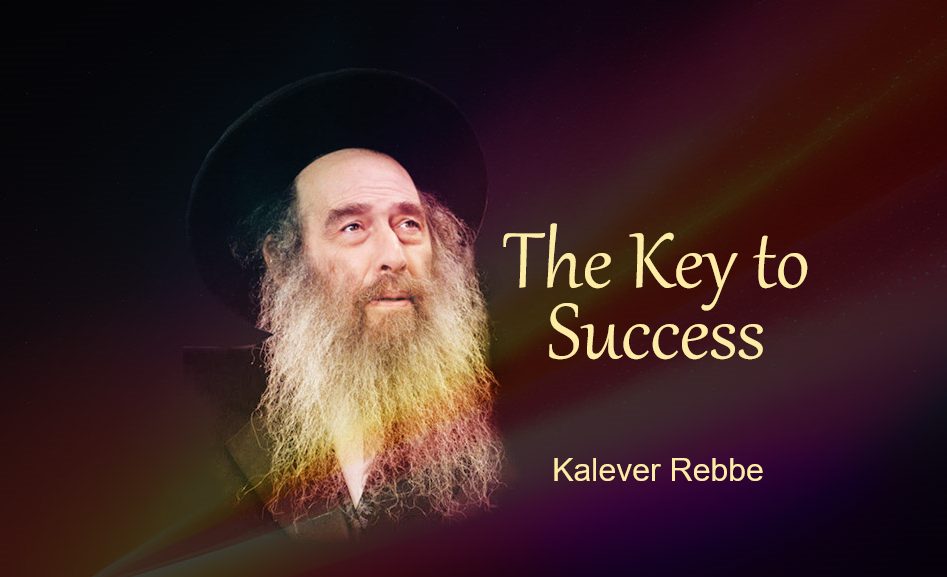
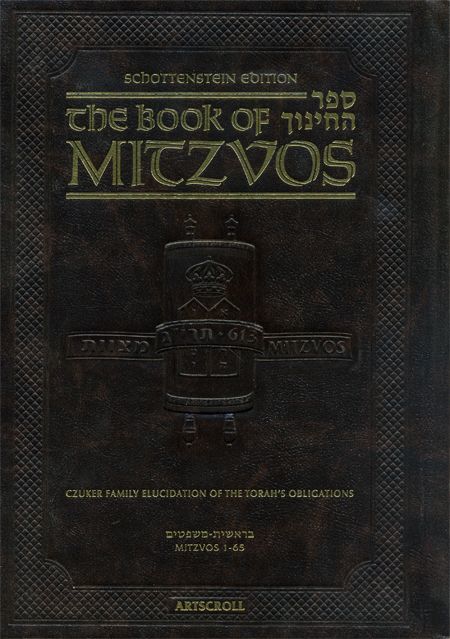


4/28/2021
Emuna is also – being true to yourself and setting healthy boundaries at work Speaking up when necessary instead of fearing your boss Refusing to do work or be in situations that don't feel right in your gut (intuition) Treating other people with kindness instead of stepping on them on your way to the top; viewing others as collaborators rather than competition knowing there is enough to go around not exploiting others paying debts you owe etc. that's the real emuna. Not what hecsher you ate.
1/19/2016
What if one keeps mitzvoth, prays vatkim almost (90%) everyday and still can’t afford anything???
I don't think I'm breaking anything from the Torah etc, I'm not a rav or posek but I'm quite confident I'm doing a lot! SPECIALLY since I was born eating pork, take to church several times a week and the list goes on… On top of that Elyahu HaNavi tells me in dreams to buy a lotery ticket, that I'm the Mashiach and I can't stand it anymore, I barelly pay rent and I have to hear I'm supposed to be a king, sorry, I don't buy your ideas.
1/19/2016
I don't think I'm breaking anything from the Torah etc, I'm not a rav or posek but I'm quite confident I'm doing a lot! SPECIALLY since I was born eating pork, take to church several times a week and the list goes on… On top of that Elyahu HaNavi tells me in dreams to buy a lotery ticket, that I'm the Mashiach and I can't stand it anymore, I barelly pay rent and I have to hear I'm supposed to be a king, sorry, I don't buy your ideas.